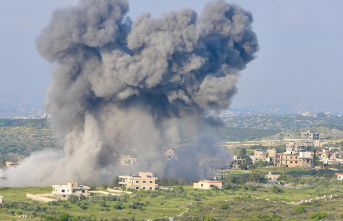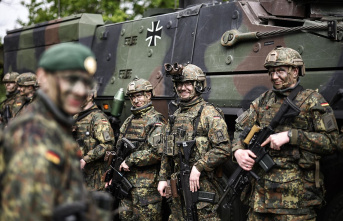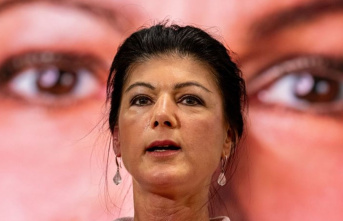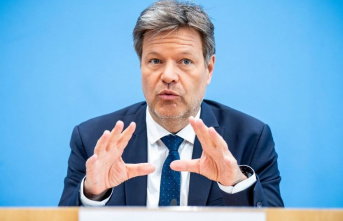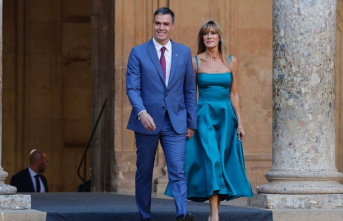Elections will be held again in Berlin on Sunday. This time there is no new parliament because an election went wrong - but the population can vote on a change in the law: Binding climate neutrality by 2030. That would be 15 years earlier than what is currently specified by the federal government in the Climate Protection Act. The problem: all parties from left to right consider the goal unrealistic.
The economist Claudia Kemfert from the German Institute for Economic Research (DIW) also thinks this is ambitious. Nevertheless, something has to be done, says Kemfert of the star: "The current goals are not enough, above all there is no legally binding implementation obligation. It would make sense to have them and to do everything possible to want to achieve them."
Climate neutrality means that no more greenhouse gases may be emitted than can be bound again. To achieve this, climate-damaging emissions from, for example, combustion cars, airplanes, heating systems, power plants or industrial companies would have to be significantly reduced.
The goal of climate neutrality by 2030 is based on scientific findings. In the IPCC report presented a few days ago, the authors call on governments around the world to change course as quickly as possible. Because various scenarios show that the 1.5 degree limit could be reached between 2030 and 2035. Climate protection measures are expensive, but: "The economic and social benefits of limiting climate change to two degrees exceed the costs of the measures to be implemented," says the report.
"Climate restart" is therefore already pushing for the goal of 2030. The alliance emerged from the popular initiative Climate Emergency Berlin 2019 and is now supported by other groups such as Fridays for Future, workers' welfare, the tenants' association and numerous cultural workers. According to "RBB", it is one of the best-financed popular initiatives in Berlin's history. Around 262,000 signatures were collected for months, and Berliners can now vote on Sunday.
Unlike in 2021 in the referendum of the initiative "Deutsche Wohnen
The Senate, which is currently still red-green-red, is also opposed to the referendum. Not least for cost reasons. The initiative expects up to 113 billion euros, which could cost the implementation of their referendum. With the exception of the Berlin Senator for Climate Protection, Bettina Jarasch (Greens), almost all members of the government have spoken out against climate neutrality by 2030.
Both Governing Mayor Franziska Giffey (SPD) and CDU leader Kai Wegner said on Friday morning during joint coalition negotiations that this goal could "not be achieved with any money in the world". "It is not possible for Berlin to be climate-neutral by 2030," said Giffey at a press conference, and the voters had to be told that "in no uncertain terms". Sustainability expert Kemfer counters this: "Dismissing the goals as unfeasible from the outset does not help matters."
According to Wegner, the CDU and SPD have agreed on a special fund should the coalition come about, which will provide five billion to deal with the climate and energy crisis. Concrete measures have not yet been mentioned here either. Above all, expert Kemfert recommends the expansion of local public transport and, as anchored in the alliance's draft law, more sustainable living: "In Berlin, the biggest implementation backlog is in energy-efficient renovation, including changing the heating system. That's where the most should be invested and funded."
It will be difficult for "climate restart" either way. On Sunday, 2.4 million eligible voters are called to vote. Not only does the majority have to vote "Yes", but also at least 25 percent of all eligible voters. That's around 608,000 people. Or, as the alliance itself tweeted: "It's going to be extremely tight!"
Sources: Berlin2030, Federal Government, IPCC, Twitter - Kai Wegner, Twitter - Klimaneustart, RBB, Tagesspiegel, with information from the news agencies


